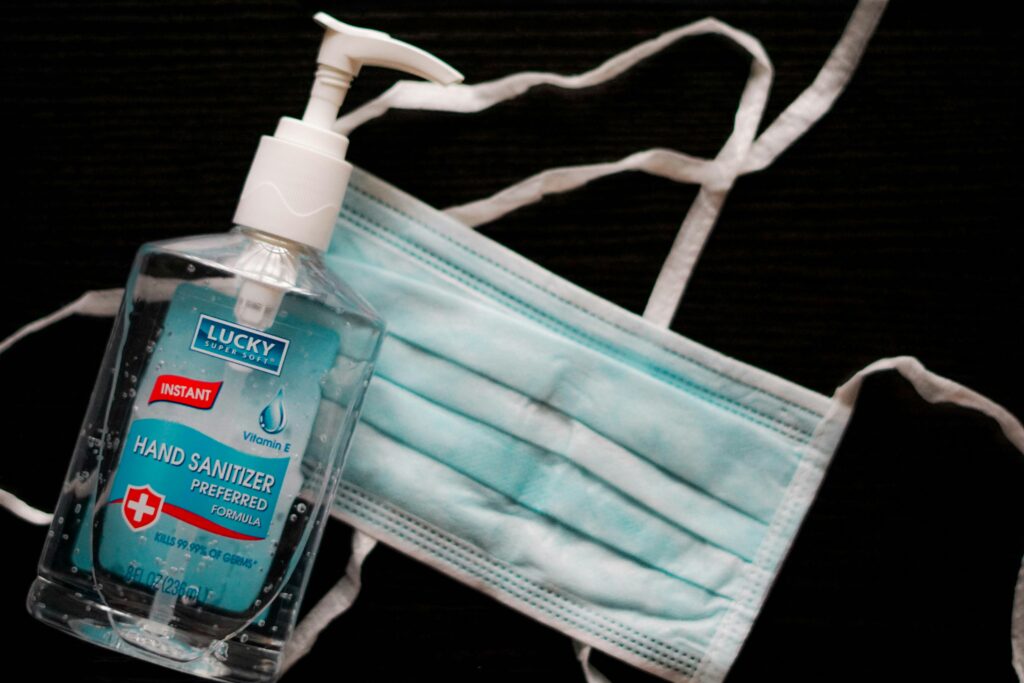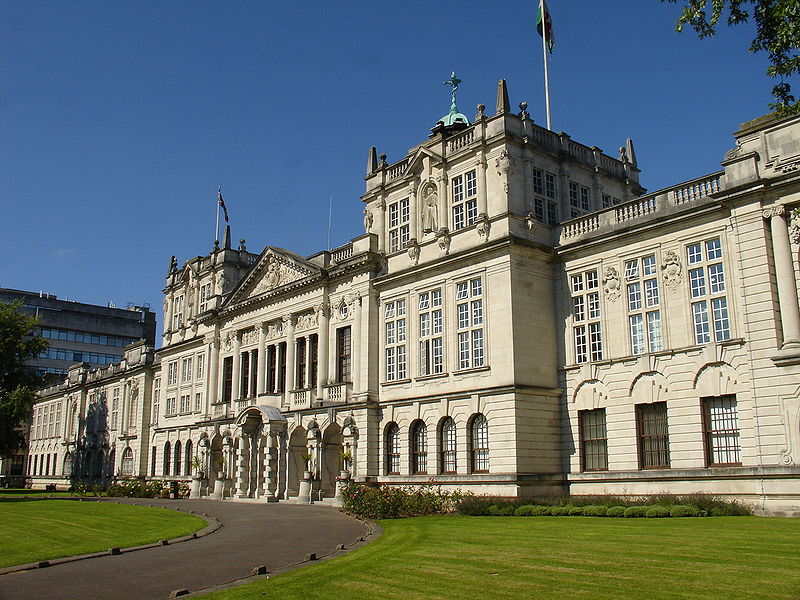Mabon ap Gwynfor MS, Plaid Cymru’s Health and Care spokesperson, raises concerns over the lack of scrutiny of Welsh Government’s action during the Covid pandemic.
From education to furlough schemes, from long Covid to losing your loved ones, the Coronavirus pandemic touched the lives of every single one of us. It has irrevocably transformed our society, and its legacy will be with us for years to come.
Public hearings of module 2B, the module relating to Wales within the UK COVID inquiry, are currently underway in Cardiff to scrutinise political decision making by the Welsh Government during the pandemic. But while I welcome this renewed focus on Wales-specific issues, it has been apparent for some time that the scope of the UK inquiry is simply insufficient to cover every element of how the pandemic was handled in Wales. Only a full inquiry for Wales can achieve this, and it is both a democratic and a moral imperative that the Welsh Government heeds the call in today’s motion.
When I talk about the limitations of the UK inquiry, I don’t seek to demean its work. Rather, I’m simply stating the practical reality that a single, finite inquiry covering four separate nations that dealt with the pandemic in their own way will never be able to analyse every issue in full, something that Baroness Heather Hallet, the chair of the UK inquiry, readily acknowledged from the outset.
In fact it was in the first week of the UK Covid Inquiry, in response to calls to make sure that Welsh decision could be scrutinised in full, that she said: ‘I have to emphasise, we can’t cover every issue. We cannot cover, or call every witness, we are going to have to focus on the most significant and the most important decisions.’
From Wales’ perspective, this is evident from the fact that, of the hundreds of hours of public hearings that have already taken place, only a single afternoon up until this week has been devoted to the testimonies of Welsh Government officials and Ministers.
A wide range of Welsh organisations would undoubtedly have valuable insight into the handling of the pandemic, but have nevertheless been denied co-participant status in the UK inquiry, primarily due to the inherent constraints of the UK inquiry’s scope with respect to Welsh-specific matters. The response to the representation made by the Cardiff and Vale University Health Board for co-participant status, which mentioned that the health board would not receive the degree of focus they initially believed, illustrates this point perfectly.
A lack of scrutiny?
It’s sad to say that, after 25 years of Labour Governments in Wales, we have come to expect limited opportunities for scrutiny from this Labour administration.
In the last year there are so many examples, that I’m struggling to condense them down for you, welsh agenda reader. Here’s a non-exhaustive list.
The Welsh Government has form on publishing written statements on huge issues, burying damning news developments rather than bringing them to the floor of the Senedd to be challenged directly. One of the latest was the news that all health boards were entering some form of escalated measures – that is to say, not quite as severe as ‘Special Measures’, but on their way. This attempt to let the news slip under the net forced Plaid Cymru to table time to discuss this huge development in the Senedd. In a similar vein, publishing the draft 2024-25 Welsh Government budget over the Christmas recess instead of term time last year did not allow for scrutiny in the Senedd. On this occasion, Plaid Cymru’s call for a recall to Senedd to question Ministers was rejected.
Outgoing First Minister Mark Drakeford has been criticised by Senedd Culture committee for refusing to give evidence in relation to huge cuts facing the arts in Wales. It seems that this is a trait shared by one of his potential successors and former Health Minister, Vaughan Gething, who is well documented for swearing at a fellow Labour MSs who had asked difficult questions, or walking away from TV interviews when touchy topics have been raised.
In this context, it’s not entirely surprising that trying to scrutinise Covid decisions by the Labour Government in Wales has been excruciating.
The case for a Welsh inquiry
The Scottish Government, on the other hand, recognised the potential for the UK inquiry to overlook devolved matters early on, and therefore put the interests of the public firmly before their own by establishing the Scottish COVID-19 inquiry. This is what proper accountability and responsible governance looks like. The Welsh Government has since belatedly addressed concerns over gaps in the UK inquiry by creating the special purposes committee, and we await its findings with great interest. But by its very nature, the committee can only perform a reactive role with respect to the course of the UK inquiry, rather than analysing the Welsh dimension of the pandemic in a proactive manner. It may be many years before even a partial verdict of how things were handled in Wales starts to emerge, by which point some, if not all, of the principal decision makers will have departed the political arena.
There is both a democratic and a moral case for establishing a full Welsh inquiry. The former cuts to the very heart of the integrity of the devolution settlement. Throughout the pandemic, the Welsh Government asserted its right to do things differently and they were correct to do so. By utilising the devolved powers at their disposal, they adopted a distinctly evidence-based approach to public safety measures, tailored to the particular characteristics of the Welsh population. This, of course, contrasted markedly with the disastrous bluster, inconsistency and recklessness of the Boris Johnson administration, and earned the First Minister some praise.
But it would be completely disingenuous to pretend that major mistakes were not made here in Wales. The delay in testing residents at care homes springs immediately to mind, and the Welsh people deserve honest and frank explanations as to the circumstances that led to these mistakes. It is completely hypocritical, therefore, to insist on diverging from UK policy to strike a tailored approach to Wales on the one hand, while ducking tailored scrutiny for the consequences of those actions on the other. Moreover, it does the cause of devolution a considerable disservice by creating the impression that this Senedd cannot hold itself accountable for the laws that are passed here.
If we want Welsh devolution to come of age a quarter of a century since its fledgling beginnings, enabling systematic introspection and self-evaluation of the decisions that are made in our national Parliament is surely a prerequisite. But even if the democratic case for a full inquiry does not resonate with all Labour Senedd Members, then surely they must recognise the strong moral case of listening to the voices of those who suffered the most during the pandemic.
I must pay tribute to the tireless campaigning of the Covid-19 Bereaved Families for Justice Cymru group. Anyone who has seen their meticulous and forensic work will know there are few other voices better qualified to pass judgement on the merits of the UK inquiry. And they have been clear it cannot give them the answers, nor the closure, that they have been seeking for several years. The time to correct this injustice is long overdue. We owe it to the people of Wales, and especially those who lost loved ones, to reflect on the legacy of the pandemic openly and honestly through a full independent inquiry in Wales.
All articles published on the welsh agenda are subject to IWA’s disclaimer. If you want to support our work tackling Wales’ key challenges, consider becoming a member.





